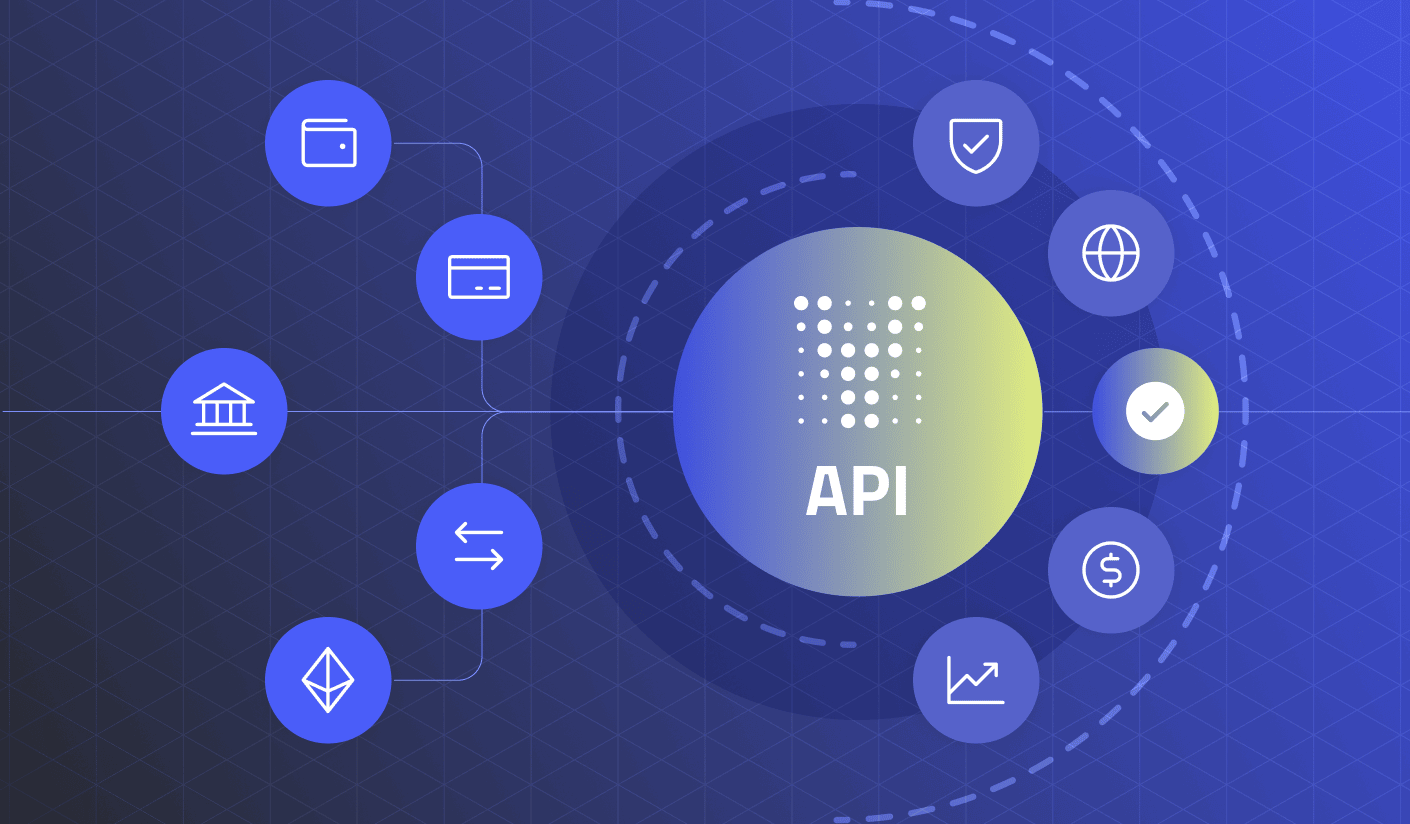Is a payment aggregator right for your business?
.png)
As the demand for digital payments continues to rise, businesses are increasingly looking for solutions that can help them streamline their online payment processes. Introducing: payment aggregators.
A payment aggregator is a third-party service that allows businesses to accept and manage multiple payment methods through a single platform. Payment aggregators help small and medium-sized businesses accept online payments while avoiding the complexity and cost of setting up individual agreements with multiple payment processors and acquiring banks.
As e-Commerce continues to grow across the world, 45% of small businesses have already adopted payment aggregators to process their online transactions.
Below is a quick primer on payment aggregators and the benefits they provide:

How payment aggregators work
Payment aggregators act as intermediaries between online merchants and payment processors or acquire banks. This system allows merchants to simplify the process of onboarding and integrating multiple payment methods —such as credit cards, debit carts, digital wallets, buy-now-pay-later (BNPL) and bank transfers— and outsource the approval and settlement process.
Here are the four key steps within a payment aggregator transaction flow:
Step 1. Integration
A business engages a payment aggregator and integrates their websites or e-Commerce properties within its platform, typically via application programming interface (API). Once integrated, the business can begin offering whatever payment methods are supported by the aggregator to its customers.
Step 2. Point of Sale
When a customer initiates a purchase, the payment aggregator securely collects and sends the payment data to the appropriate payment processor or acquiring bank for authorization.
Step 3. Settlement
Upon authorization, the payment aggregator settles the transaction and transfers the funds to the merchant, minus the applicable processing fees.
Reporting
Some payment aggregators offer reporting capabilities or dashboards that give businesses deeper insights into their payment-related activities.
Benefits of using a payment aggregator
By consolidating multiple payment channels into a single platform, payment aggregators simplify payment processing and eliminate the need to manage different providers. This functionality can be particularly useful to small and medium-sized businesses (SMBs), online retailers, and other mobile or online businesses that accept payments but do not have the ability to manage their payment infrastructure.
Using a payment aggregator can offer businesses several key benefits:
Cost savings
Aggregators typically charge lower transaction fees than individual merchant accounts, which can have hidden setup costs, monthly charges, and higher per-transaction rates. This makes them an excellent option for businesses looking to reduce overhead and avoid the complexities of traditional payment gateways.
Offering multiple payment options
Offering multiple payment options not only enhances customer satisfaction but also allows merchants to cater to diverse market preferences, allowing them to tap into different customer segments and increase their reach.
Fast and easy integration
Many payment aggregators offer user-friendly APIs that streamline the integration process, allowing businesses to start accepting payments without extensive technical knowledge in record time. This quick setup reduces time-to-market, enabling businesses to begin processing transactions and generating revenue much sooner than with traditional payment gateways.
Security and compliance
Payment aggregators take on the responsibility of adhering to regulatory security standards, such as PCI-DSS compliance, that help protect sensitive cardholder data. In addition, many offer robust fraud detection systems that monitor transactions in real-time, flagging suspicious activity to protect both businesses and their customers.
Is a payment aggregator the right solution for your business?
While payment aggregators offer numerous benefits for small and medium-sized businesses, larger enterprises that handle large volumes of digital transactions may require a more robust payment solution. Payment aggregators often do not offer the range of payment methods, advanced payment routing, fraud prevention and analytics tools that large companies need to scale their payments operation across multiple regions.
Large enterprises often turn to payment orchestrators for even more control and optimization of their payments infrastructure. Payment orchestrators provide a single integration for multiple payment gateways, processors, and payment methods, helping to further increase conversion rates and reduce processing costs.
Orchestrators provide large companies with more flexibility within their payments infrastructure, enabling them to route payments through multiple providers based on location, transaction size and processing costs. This level of control makes payment orchestrators the ideal option for businesses with global and complex, high-volume payment needs.
Whether you’re considering a payment aggregator or orchestrator, the right payment solution is essential for improving customer experiences, increasing sales, and driving long-term growth in today’s competitive digital marketplace.
Discover why Yuno is the payment orchestration solution of choice for high-performing payments teams: Book a demo.


.png)








